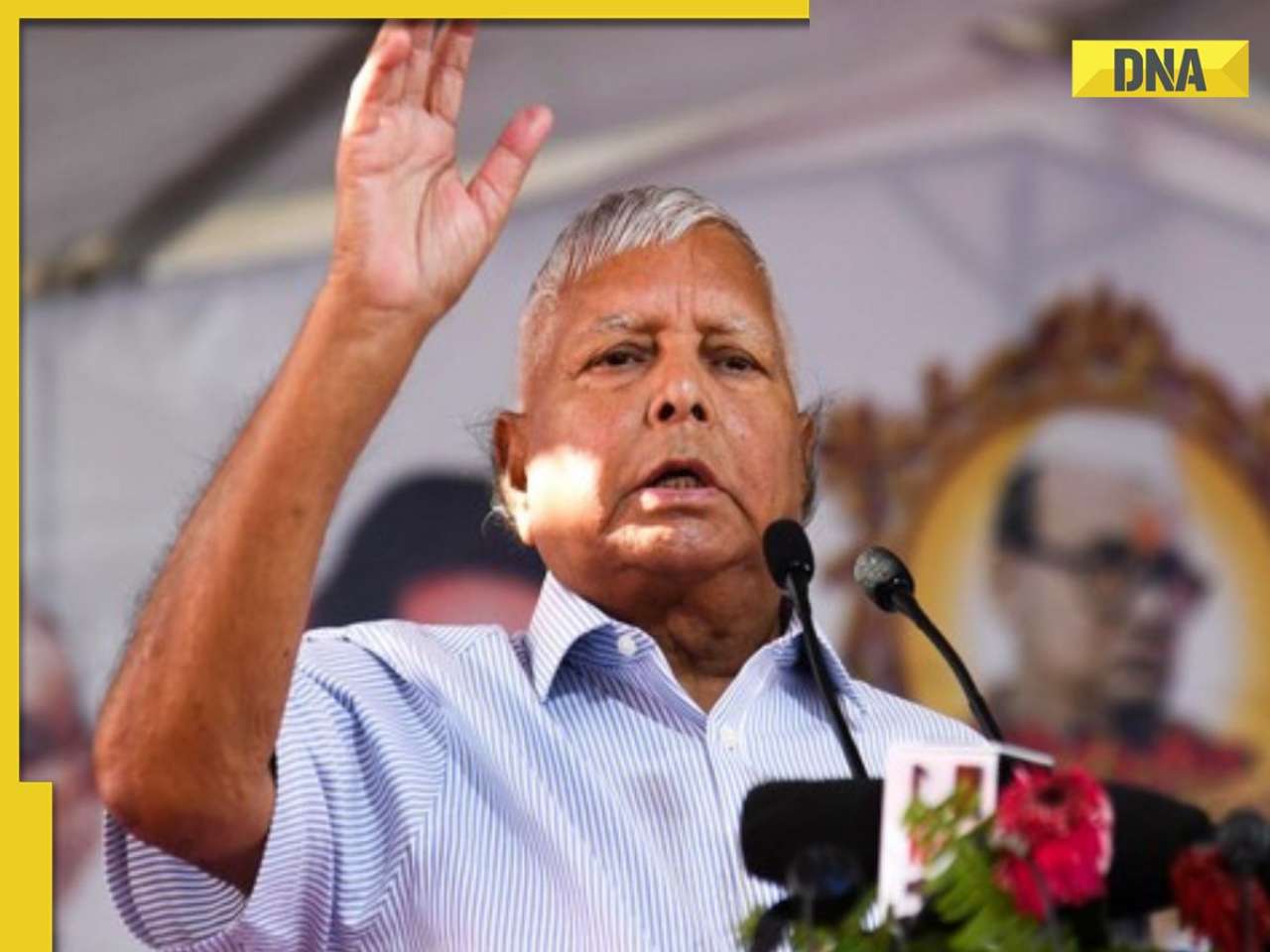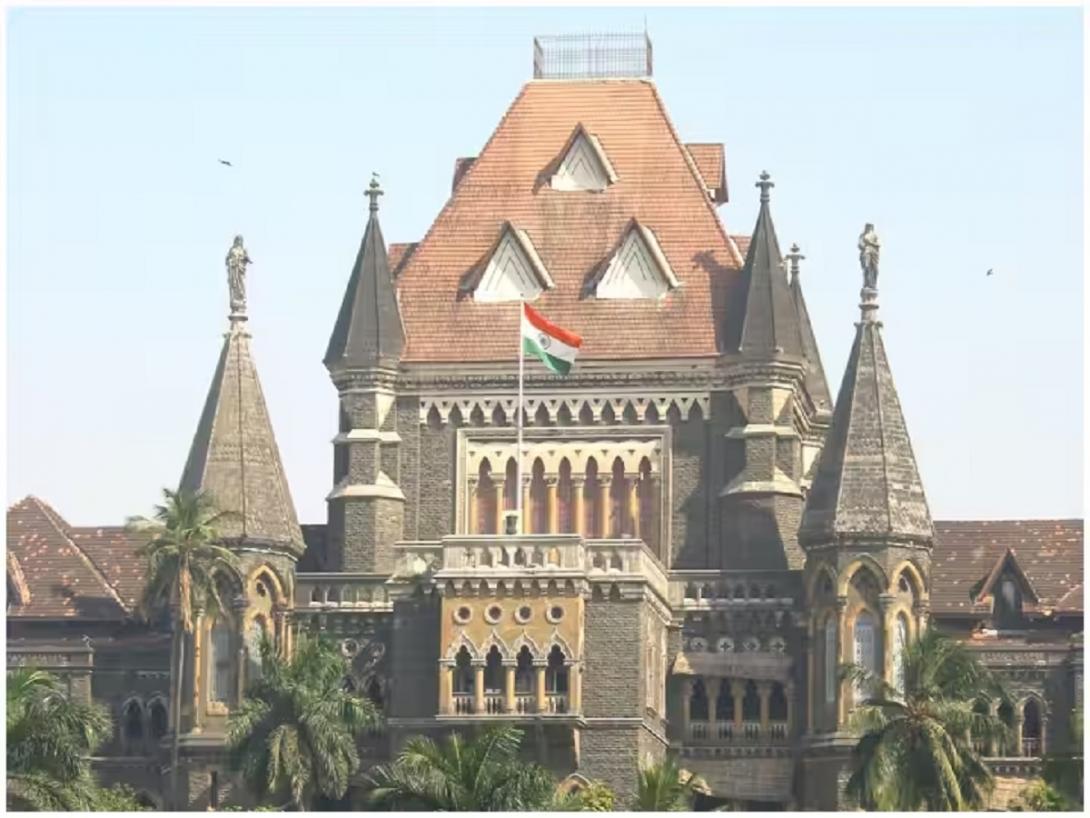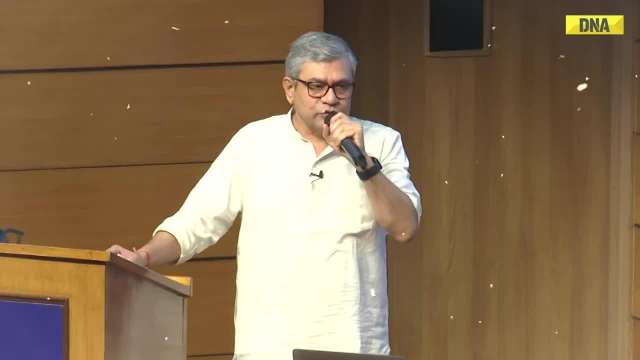The acceleration of the strike movement could push the country's army, now limited mostly to guarding streets and state buildings, to step in to avert economic paralysis, analysts say.
An outbreak of strikes by Egyptian workers, emboldened by more than two weeks of anti-government protests, is compounding the challenge to President Hosni Mubarak as he confronts a mass movement determined to oust him.
Thousands of workers in industries like textiles, steel and telecommunications are staging protests, sit-ins and strikes over wages and working conditions across the country, suggesting a spirit of civil disobedience is spreading.
It is still unclear whether Egypt's unions, fractured and dispersed, can gain momentum and act in unison as happened in Tunisia, where an uprising unseated the president last month.
But the acceleration of the strike movement could push the country's army, now limited mostly to guarding streets and state buildings, to step in to avert economic paralysis, analysts say.
It will also add to price pressures, already building with a government pledge to hike some state wages by 15%.
Surging inflation was one of the complaints that pushed many Egyptians on to the streets in a movement that began on January 25.
"The revolution is increasing the expectations of different social forces who think they have rights that have been ignored for a long time," said Gamal Soltan, senior research fellow at the Al-Ahram Centre for Political and Strategic Studies.
"I think it is implicit that if their demands are not met, they are going to escalate them and politicise them, perhaps joining the protesters. They have a bargaining chip that they didn't have before".
In a sign the government is wary of the trend, vice-president Omar Suleiman warned on Tuesday against calls for civil disobedience, saying they could destabilise the country.
Suleiman, who said he was entrusted to manage the crisis until Mubarak's term ends in September, warned against a "new wave in Egypt to increase chaos, whereby everyone who has a demand or does not like something specific will demonstrate".
Protesters say a peaceful civil disobedience campaign involving sit-ins in public places and refusing to pay utility bills could escalate the protest movement without risking violent reprisals.
About 3,000 workers at companies owned by Suez Canal authorities have gone on strike over pay and conditions, although the unrest has so far not affected the waterway. The canal is a vital global trade route and a key source of revenue.
for Egypt, earning the government nearly $5 billion last year.
Hundreds of government employees and university professors staged protests demanding better wages on Wednesday and thousands of industrial workers have declared strikes in Suez, Ismailia and Cairo.
Railway and post office workers are reported to have staged sit-ins and protests, and several hundred employees of the mostly state-owned landline monopoly Telecom Egypt have demonstrated for better pay.
Workers complain wages have not kept up with inflation of more than 10% a year. Food prices are climbing much faster. With the Egyptian pound also under pressure, analysts say inflation is set to climb further, though where it levels off will depend on how long the crisis lasts.
In the meantime, workers may become more restless but it remains to be seen if they can coordinate their action.
"Strikes have broken out everywhere, but there remains no structure in the form of unions to organise the strikes into one movement," said Hossam Hamalawy, an activist familiar with Egyptian labour movements.
Some union leaders, however, are already voicing solidarity.
"This is the revolution of the youth and we are part of it as workers," Kamal Abouaita, the Tax Collectors Union's leading member, said. "We chant the same slogans and protest in solidarity with others. We are all Egyptians".
He said the union was discussing ways of coordinating civil disobedience such as refusing to pay taxes and utility bills to weaken the state and push the president from power.
If the strikes spread across the country, and paralyse key sectors, it could push Egypt's army to take sides, after trying to maintain an appearance of neutrality. "Labour strikes of that scale would provide pressure to bring a speedy end to the crisis," said Safwat Zayaat, a Cairo-based military analyst.
"The army would certainly not use tanks and force against striking workers," he said. "The army would likely stage a coup and announce a limited period of control."
Such escalation is not a foregone conclusion, but it is unlikely that labourers, freshly empowered to press old demands, will be placated by moves such as a 15% raise in some state wages, announced on Monday.
"The more concessions the government makes, the more labour protests will demand," said Soltan of the Al-Ahram Centre.
"It's kind of a vicious cycle that we will not get out of without a political solution."
![submenu-img]() Anil Kapoor, Aditya Roy Kapur's The Night Manager becomes only entry from India to secure nomination at Emmy Awards 2024
Anil Kapoor, Aditya Roy Kapur's The Night Manager becomes only entry from India to secure nomination at Emmy Awards 2024![submenu-img]() Land-for-jobs case: President Murmu authorises prosecution of Lalu Prasad Yadav, CBI submits...
Land-for-jobs case: President Murmu authorises prosecution of Lalu Prasad Yadav, CBI submits...![submenu-img]() This billionaire, once world’s richest man, witnesses drop in wealth due to...; not Mukesh Ambani, Adani
This billionaire, once world’s richest man, witnesses drop in wealth due to...; not Mukesh Ambani, Adani![submenu-img]() Ranbir Kapoor's sister, Riddhima's 'maybe it's a house help' remark leaves netizens furious: 'Uneducated rich brats'
Ranbir Kapoor's sister, Riddhima's 'maybe it's a house help' remark leaves netizens furious: 'Uneducated rich brats'![submenu-img]() Mumbai man orders iPhone 16 online after standing in queue for hours, then..
Mumbai man orders iPhone 16 online after standing in queue for hours, then..![submenu-img]() J-K Assembly Elections 2024: राज्य नहीं अब है केंद्र शासित प्रदेश, क्या 370 की वापसी कर सकती है जम्मू-कश्मीर विधानसभा? जानें उसके अधिकार
J-K Assembly Elections 2024: राज्य नहीं अब है केंद्र शासित प्रदेश, क्या 370 की वापसी कर सकती है जम्मू-कश्मीर विधानसभा? जानें उसके अधिकार![submenu-img]() DNA Verified: Singham Again में चुलबुल पांडे दिखेंगे या नहीं, जानिए क्या है Salman Khan की इस खबर का सच
DNA Verified: Singham Again में चुलबुल पांडे दिखेंगे या नहीं, जानिए क्या है Salman Khan की इस खबर का सच![submenu-img]() 'असंवैधानिक है सरकारी फैक्ट चेक यूनिट' कॉमेडियन Kunal Kamra केस में Bombay High Court का मोदी सरकार को झटका
'असंवैधानिक है सरकारी फैक्ट चेक यूनिट' कॉमेडियन Kunal Kamra केस में Bombay High Court का मोदी सरकार को झटका![submenu-img]() तिरुपति बालाजी मंदिर के भोग का क्यों है इतना महत्व? सबसे पहले किसने लगाया था लड्डुओं को प्रसाद
तिरुपति बालाजी मंदिर के भोग का क्यों है इतना महत्व? सबसे पहले किसने लगाया था लड्डुओं को प्रसाद![submenu-img]() Jammu and Kashmir BSF Bus Accident: हंसते-गाते जा रहे थे BSF के जवान, बडगाम में गहरी खाई में गिरी बस, 4 शहीद और 28 घायल
Jammu and Kashmir BSF Bus Accident: हंसते-गाते जा रहे थे BSF के जवान, बडगाम में गहरी खाई में गिरी बस, 4 शहीद और 28 घायल![submenu-img]() Ford to return to India after 2 years with reopening of....
Ford to return to India after 2 years with reopening of....![submenu-img]() Maruti Suzuki launches new Swift CNG, check price, mileage, other features
Maruti Suzuki launches new Swift CNG, check price, mileage, other features![submenu-img]() ‘30 LPA, 3BHK, no in-laws’: Woman earning Rs 1.32 lakh salary lists demands for future husband, netizens say...
‘30 LPA, 3BHK, no in-laws’: Woman earning Rs 1.32 lakh salary lists demands for future husband, netizens say...![submenu-img]() In a big EV push, Centre launches Rs 10900 crore PM E-Drive scheme to replace…
In a big EV push, Centre launches Rs 10900 crore PM E-Drive scheme to replace…![submenu-img]() World’s longest car has helipad, swimming pool, mini-golf course, can seat over…; it cost…
World’s longest car has helipad, swimming pool, mini-golf course, can seat over…; it cost…![submenu-img]() Meet man who passed JEE Advanced with AIR 1, completed B.Tech from IIT Bombay, is now pursuing…
Meet man who passed JEE Advanced with AIR 1, completed B.Tech from IIT Bombay, is now pursuing…![submenu-img]() Meet man, whose father's death encouraged him to quit IAS job, create multi-crore company, he is...
Meet man, whose father's death encouraged him to quit IAS job, create multi-crore company, he is...![submenu-img]() Meet woman, who scored 97% in class 12, secured 705 out of 720 marks in NEET exam, her AIR is...
Meet woman, who scored 97% in class 12, secured 705 out of 720 marks in NEET exam, her AIR is...![submenu-img]() NEET UG Counselling 2024: Round 2 seat allotment result declared at mcc.nic.in, check direct link here
NEET UG Counselling 2024: Round 2 seat allotment result declared at mcc.nic.in, check direct link here![submenu-img]() Meet IPS officer who has resigned after serving for 18 yrs due to...
Meet IPS officer who has resigned after serving for 18 yrs due to...![submenu-img]() Congress President Kharge Slams & Opposes 'One Nation, One Election' Proposal, Calls It Impractical
Congress President Kharge Slams & Opposes 'One Nation, One Election' Proposal, Calls It Impractical![submenu-img]() Why 'One Nation One Election' Is important? Ashwini Vaishnaw Explains After It Gets Cabinet Approval
Why 'One Nation One Election' Is important? Ashwini Vaishnaw Explains After It Gets Cabinet Approval![submenu-img]() Jammu Kashmir Assembly Election 2024 Phase 1 Highlights: What Happened In First phase In J&K Polls?
Jammu Kashmir Assembly Election 2024 Phase 1 Highlights: What Happened In First phase In J&K Polls?![submenu-img]() One Nation One Election: Centre Clears Proposal, Bill To Be Introduced In Winter Session | Modi 3.0
One Nation One Election: Centre Clears Proposal, Bill To Be Introduced In Winter Session | Modi 3.0![submenu-img]() Haryana Elections 2024: Is BJP Set To Lose In Haryana? Anti-Incumbency And Other Factors Analysed
Haryana Elections 2024: Is BJP Set To Lose In Haryana? Anti-Incumbency And Other Factors Analysed![submenu-img]() This billionaire, once world’s richest man, witnesses drop in wealth due to...; not Mukesh Ambani, Adani
This billionaire, once world’s richest man, witnesses drop in wealth due to...; not Mukesh Ambani, Adani![submenu-img]() Meet man who started as intern at Nike, is now its CEO after 32 years, his salary is Rs...
Meet man who started as intern at Nike, is now its CEO after 32 years, his salary is Rs...![submenu-img]() Meet man who received gift worth Rs 15000000000 from Mukesh Ambani, is referred to as his 'right hand', he is...
Meet man who received gift worth Rs 15000000000 from Mukesh Ambani, is referred to as his 'right hand', he is...![submenu-img]() Elon Musk, Oracle CEO once begged this company to take their money, know what had happened
Elon Musk, Oracle CEO once begged this company to take their money, know what had happened![submenu-img]() 'Office was filled with…': Ashneer Grover on why he left EY in one day despite having package of Rs…
'Office was filled with…': Ashneer Grover on why he left EY in one day despite having package of Rs…![submenu-img]() Luxurious homes to swanky cars: Most expensive things owned by Virat Kohli
Luxurious homes to swanky cars: Most expensive things owned by Virat Kohli![submenu-img]() Akshay Kumar's biggest flop film was remake of a Malayalam blockbuster, still broke Guinness World Record set by...
Akshay Kumar's biggest flop film was remake of a Malayalam blockbuster, still broke Guinness World Record set by...![submenu-img]() Exploring Uttarakhand: 6 breathtaking destinations in scenic state
Exploring Uttarakhand: 6 breathtaking destinations in scenic state![submenu-img]() From Puga Valley to Hanle: Must-visit places in Ladakh
From Puga Valley to Hanle: Must-visit places in Ladakh![submenu-img]() Meet Himachal officer who has been transferred without posting, as popular as IAS Tina Dabi on social media, she is...
Meet Himachal officer who has been transferred without posting, as popular as IAS Tina Dabi on social media, she is...![submenu-img]() Land-for-jobs case: President Murmu authorises prosecution of Lalu Prasad Yadav, CBI submits...
Land-for-jobs case: President Murmu authorises prosecution of Lalu Prasad Yadav, CBI submits...![submenu-img]() Tirupati Laddoo Row: Jagan Reddy says he will write to PM Modi, CJI to take action against...
Tirupati Laddoo Row: Jagan Reddy says he will write to PM Modi, CJI to take action against...![submenu-img]() AAP demands government accommodation for outgoing Delhi CM Arvind Kejriwal, says he is...
AAP demands government accommodation for outgoing Delhi CM Arvind Kejriwal, says he is...![submenu-img]() 'Samples highly adulterated, we will...': Tirupati Temple Trust issues first statement on laddoo row
'Samples highly adulterated, we will...': Tirupati Temple Trust issues first statement on laddoo row![submenu-img]() NEET UG 2024: CBI files second-chargesheet against six accused in paper leak case
NEET UG 2024: CBI files second-chargesheet against six accused in paper leak case













































)
)
)
)
)
)
)
)
)
)
)
)
)
)





)
)
)
)
)
)